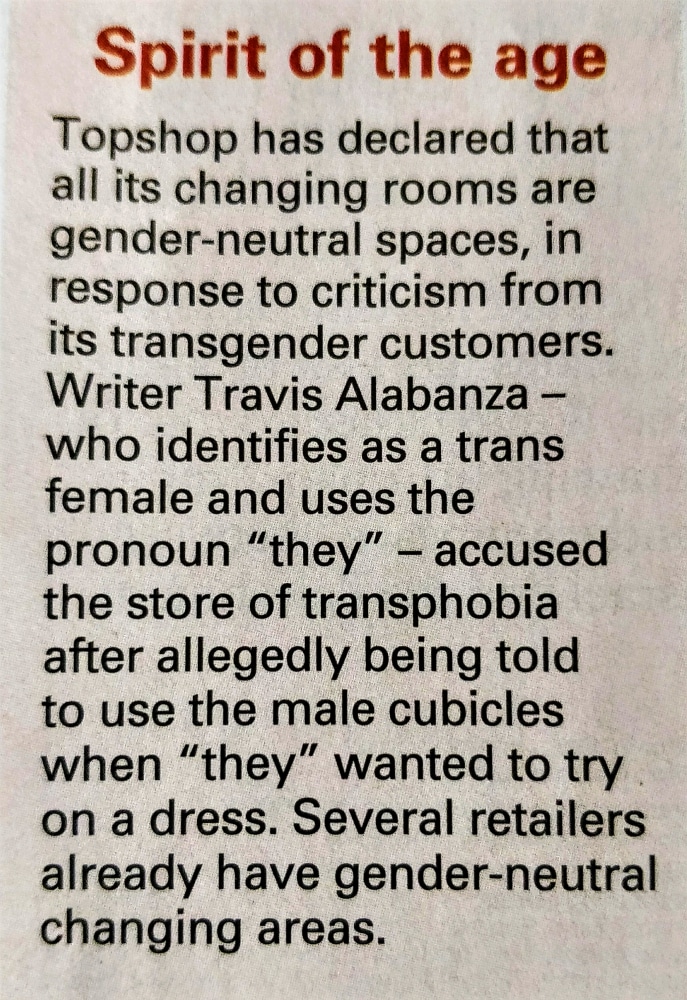This is for American friends, especially those who are in or able to get to the City of Brotherly Love.
On 21 April there will be a one-day conference, Matrimony: Rediscovering Its Truth, to be held at Philadelphia’s Cathedral Basilica of Saints Peter and Paul on Saturday 21 April. The keynote speaker will be Raymond Cardinal Burke, assisted by Fr Gerald E. Murray J.C.D., Pastor of the church of the Holy Family in New York and commentator on EWTN, and Fr Gerald Dennis Gill S.S.L., M.Div., Director of Sacred Liturgy, and Rector and Pastor of the Cathedral Basilica. The day-long programme will end with Mass celebrated by the cardinal and enhanced by the cathedral choir. They also throw in lunch!
Given the calibre of the main speaker it is certain to be a faithful and erudite exposition of the Catholic teaching on the sanctity and importance of marriage for the Church and the world.
Since I cannot be there maybe one of you will go and tell us how it goes!
Pax.
Click here for a flyer for the conference
Click here for the registration form for the conference
More information can be found by clicking on the conference title above.


